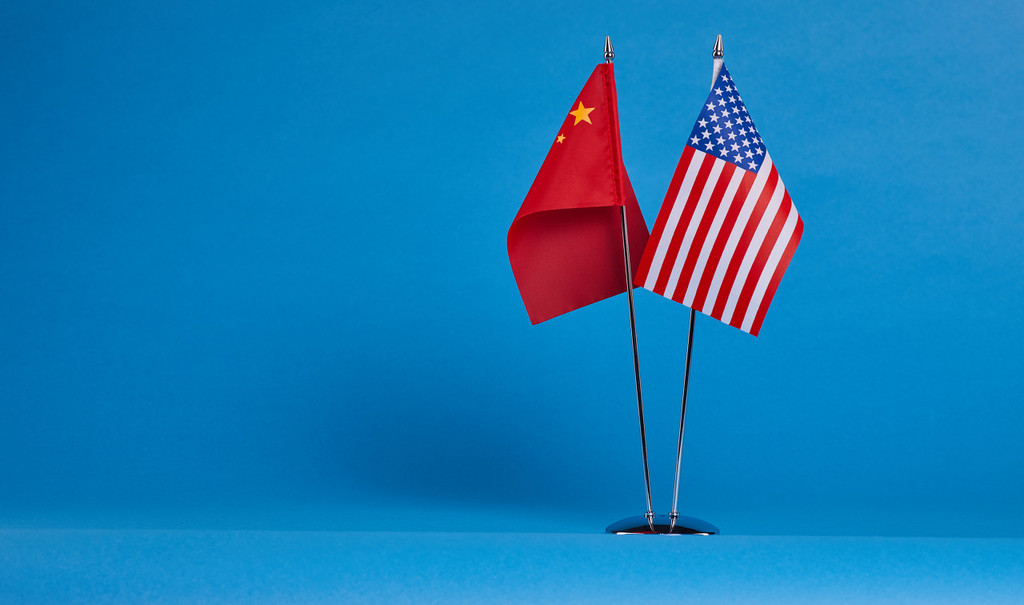Xi-Trump meeting can get trade talks moving again: China Daily editorial
chinadaily.com.cn | Updated: 2019-06-19 22:19

Following what US President Donald Trump described as "a very good telephone conversation" with Chinese President Xi Jinping, both Beijing and Washington confirmed the two will meet on the sidelines of next week's G20 summit.
The abrupt breakdown of the China-US trade negotiations had driven pessimism to such heights that some had begun to doubt whether the two leaders would meet at all during the Osaka gathering.
Although there was no indication from Beijing that it would not materialize, Trump has shown unusual interest in such a meeting, even threatening to immediately raise tariffs otherwise, although the blame game between the two countries over responsibility for the foundering of negotiations left many wondering if the two are in the mood for serious dialogue.
Truth is, they are. Because, although both sides claim it would hit the other harder, a full-blown trade war is lose-lose.
Despite the White House's proud show of healthy economic indices rarely seen in recent memory, the US business community has presented an altogether different picture: Not only are the impacts of the trade war just beginning to be felt, quite unlike what the US administration claims, the cost will also be transferred to US companies and consumers.
And, despite their confidence in the domestic economy's resilience and the peerless endurance of the Chinese people, decision-makers in Beijing know a trade war entails people "tiding over troubled times together".
Just as President Xi said in St. Petersburg, Russia, the "decoupling" of the Chinese and US economies is "unimaginable", and in neither party's interest.
It is widely believed that ending the present impasse hinges on the personal involvement of the two leaders. And the "extended meeting" Trump anticipates and the news that the negotiating teams will resume talks are no doubt conducive to maneuvering a truce to a certain degree. Which is why their recent telephone conversation has sent Wall Street rallying and Asian stock markets surging.
However, it would be expecting too much to anticipate one single meeting will wrap everything up.
The two parties' expectations are too divergent to allow that. More likely than not, the one-on-one meeting will end up being the start of a new phase in the negotiations with the two leaders personally setting out their country's respective bottom lines.
The White House cannot afford negotiations to last forever. But an agreement as it desires, one that one-sidedly serves US interests, contradicts not only Beijing's appeals for equity and mutual respect, but also Washington's claim of "a fair and reciprocal economic relationship". Some of the "structural reforms" it demands go against the Chinese calls for taking care of each other's "reasonable concerns".
These happen to be the core conditions Xi laid out while talking with Trump on the phone.
So while Larry Kudlow, the US president's economic adviser, concedes there are "no guarantees" of any resolution in Osaka, it is jumping the gun to rule out the possibility.
























